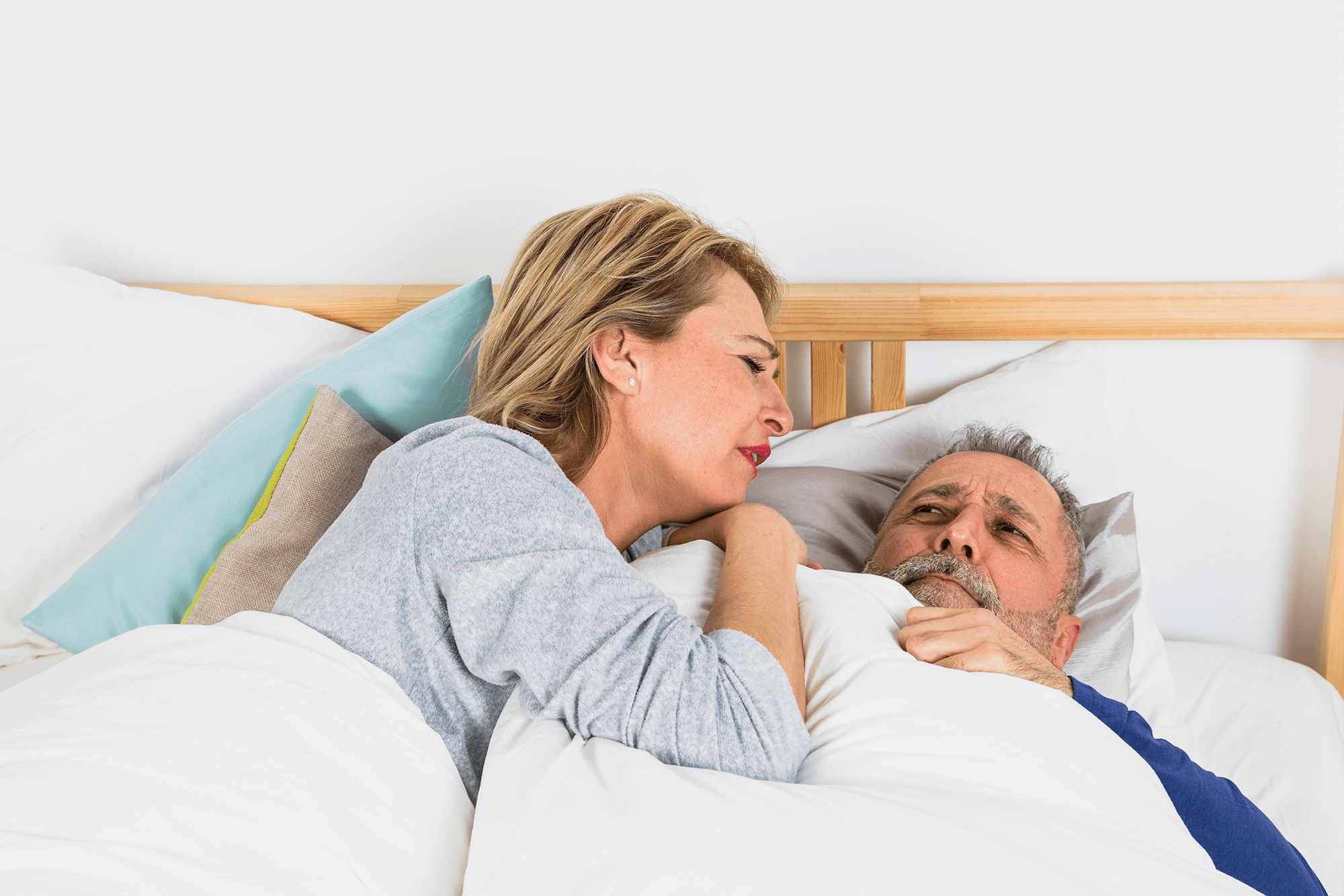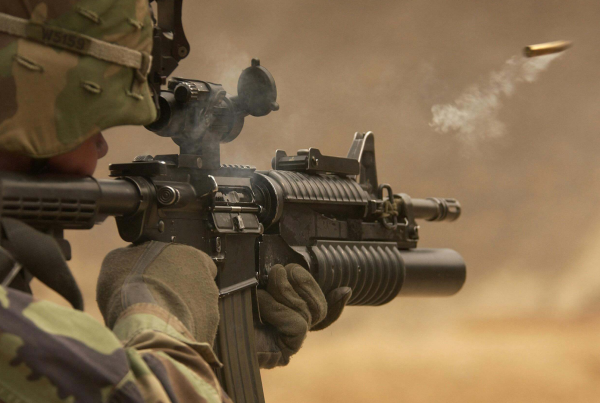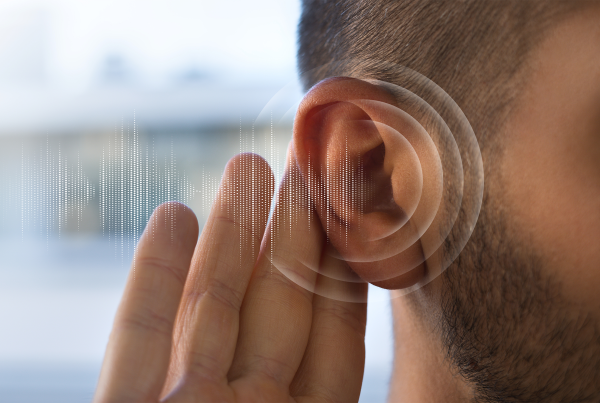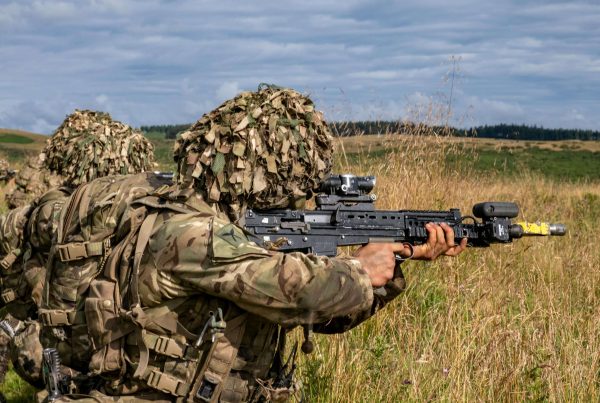Sleep apnea and other sleep disorders affect a substantial percentage of veterans, yet many veterans don’t realize these conditions qualify for VA disability compensation. A veteran might struggle with sleep apnea for years, never connecting the veteran’s condition to military service or understanding that the veteran can receive disability benefits for the veteran’s sleep disorder. Sleep problems are often secondary to other service-connected veteran disabilities, meaning a veteran with PTSD, TBI, or other conditions may develop sleep apnea as a result. This article explains how veterans develop sleep disorders, how veterans can establish service connection, and what compensation veterans with sleep apnea can expect.
Why Veterans Develop Sleep Apnea and Sleep Disorders
Veterans develop sleep apnea through multiple pathways. Sleep apnea can result from weight gain, which sometimes follows military service as a veteran transitions to civilian life. Military service places tremendous physical demands on the veteran’s body during active duty, and many veterans experience lifestyle changes after discharge that lead to weight gain and subsequent development of sleep apnea.
More commonly, veteran sleep apnea develops as a secondary condition stemming from service-connected disabilities. A veteran with severe PTSD may experience nightmares and hypervigilance that severely disrupt the veteran’s sleep. Over time, the veteran’s sleep disturbances can lead to actual sleep apnea. Similarly, a veteran with TBI may develop sleep apnea as a neurological consequence of the veteran’s brain injury.
Additionally, a veteran’s military service may involve exposure to substances or conditions that predispose the veteran to sleep apnea. Some veterans experienced specific trauma during military service that contributes to sleep disorders. Others simply acquired sleep problems through the normal stress and demands of military service.
Whatever the origin, sleep apnea in veterans is often a legitimate service-connected disability or a secondary condition warranting disability compensation.
Understanding Sleep Apnea
Sleep apnea is a condition where a veteran’s breathing repeatedly stops and starts during sleep. In obstructive sleep apnea (the most common type), the veteran’s airway becomes blocked during sleep, causing the veteran’s breathing to pause for seconds to minutes. These breathing pauses can occur dozens of times per hour in severe cases.
When a veteran’s breathing stops, the veteran’s oxygen levels drop, eventually triggering the veteran’s body to partially wake and resume breathing. This pattern disrupts the veteran’s sleep quality profoundly. A veteran with sleep apnea may not remember waking dozens of times per night, but the veteran’s sleep is fragmented and non-restorative.
The consequences for a veteran with untreated sleep apnea are serious. A veteran with sleep apnea experiences daytime sleepiness and fatigue, difficulty concentrating at work, mood disturbances including depression and irritability, and increased risk of heart disease and stroke. For many veterans, untreated sleep apnea significantly impacts the veteran’s ability to work and maintain relationships.
Service Connection for Veteran Sleep Apnea
A veteran can establish service connection for sleep apnea in several ways:
Direct Service Connection: A veteran with sleep apnea resulting from an event during military service—such as smoke inhalation, chemical exposure, or specific injury—can file for direct service connection. This requires evidence that the veteran’s service-related event caused the veteran’s sleep apnea.
Secondary Service Connection: This is more common for veterans. A veteran with a service-connected disability (like PTSD, TBI, or a respiratory condition) that causes or aggravates sleep apnea can file a claim for the veteran’s sleep apnea as a secondary condition. The veteran must show that the veteran’s service-connected condition caused the veteran’s sleep apnea.
Presumptive Service Connection: Some veterans qualify for presumptive sleep apnea benefits. For example, a veteran exposed to burn pits or other environmental hazards may qualify for presumptive sleep apnea if the veteran’s service and diagnoses meet specific criteria.
How Veterans Establish Service Connection for Sleep Apnea
To establish service connection for veteran sleep apnea, a veteran should:
Obtain a sleep apnea diagnosis from a physician. The veteran will need a sleep study (polysomnography test) confirming the veteran has sleep apnea. The VA or a private sleep clinic can conduct this test. The veteran should provide evidence linking the veteran’s sleep apnea to military service or to another service-connected veteran condition. If the veteran’s sleep apnea is secondary to PTSD, for example, the veteran should provide medical evidence showing that the veteran’s PTSD causes or aggravates the veteran’s sleep apnea. Document any military service factors that might contribute to the veteran’s sleep apnea—for example, if the veteran was exposed to burn pits or smoke during military service, this information supports the veteran’s claim. Include the veteran’s personal statement describing how the veteran developed the veteran’s sleep apnea, when symptoms began, and how the veteran’s sleep disorder affects the veteran’s daily functioning and work capacity.
VA Disability Ratings for Veteran Sleep Apnea
Sleep apnea in veterans is rated based on the severity of the veteran’s sleep apnea and its functional impact. The VA considers factors including:
How many apnea events the veteran experiences per hour (the Apnea-Hypopnea Index or AHI), whether the veteran uses CPAP or other treatment and how well the veteran’s treatment controls the veteran’s apnea, the veteran’s oxygen levels during sleep, and how the veteran’s sleep apnea affects the veteran’s daytime functioning and ability to work.
Most veterans with diagnosed sleep apnea receive a 50% rating. This rating reflects that diagnosed sleep apnea causes moderate to substantial functional impairment. Many veterans with sleep apnea that affects daytime functioning, work capacity, and safety receive 50% ratings.
Some veterans with very severe, poorly controlled sleep apnea receive higher ratings. Veterans whose sleep apnea causes severe daytime impairment or endangers occupational safety might receive 60% or higher ratings.
A small percentage of veterans might receive lower ratings (30% or 40%) if their sleep apnea is mild or well-controlled with treatment.
The Sleep Study: What Veterans Should Know
Most veteran sleep apnea claims require a sleep study to confirm the veteran’s diagnosis. The VA will typically schedule a sleep study as part of the veteran’s disability evaluation process.
During a veteran’s sleep study, the veteran spends a night in a sleep laboratory while technicians monitor the veteran’s sleep using various sensors. These sensors measure the veteran’s brain activity, eye movement, muscle activity, heart rhythm, breathing patterns, and oxygen levels. The study provides detailed data about the veteran’s sleep apnea severity and characteristics.
Many veterans feel anxious about sleep studies, but they’re non-invasive and painless. A veteran should try to sleep as normally as possible during the veteran’s study—the technicians understand that the veteran’s first night in a lab might affect the veteran’s sleep quality.
The results of a veteran’s sleep study form the foundation of the veteran’s sleep apnea disability rating. A veteran’s Apnea-Hypopnea Index (AHI)—the number of breathing events per hour—directly influences the veteran’s rating.
CPAP Treatment and Veteran Disability Claims
Many veterans wonder whether using CPAP (Continuous Positive Airway Pressure) treatment affects their disability claim. Some veterans fear that because CPAP controls their sleep apnea, they won’t receive disability benefits.
This is a misconception. The VA recognizes that a veteran using CPAP has sleep apnea and is entitled to disability benefits. The veteran’s CPAP use shows the veteran is managing the veteran’s condition appropriately, but doesn’t eliminate the veteran’s disability or reduce the veteran’s rating.
In fact, a veteran who refuses CPAP treatment while having severe sleep apnea might receive a lower rating because the VA could argue the veteran is not adequately managing the veteran’s condition. A veteran should use CPAP as prescribed—both for health reasons and to support the veteran’s disability claim.
Secondary Sleep Apnea Claims
Many veterans file sleep apnea claims as secondary to other service-connected conditions. For example:
A veteran with service-connected PTSD and nightmares develops sleep apnea as the veteran’s PTSD-related sleep disruption contributes to the veteran’s sleep problems. A veteran with service-connected TBI develops sleep apnea as a neurological consequence of the veteran’s brain injury. A veteran with service-connected COPD (chronic obstructive pulmonary disease) develops sleep apnea due to respiratory dysfunction related to the veteran’s lung disease.
In these secondary claims, the veteran doesn’t need to prove the veteran’s sleep apnea developed from military service directly. The veteran only needs to show that the veteran’s service-connected condition caused or aggravated the veteran’s sleep apnea.
Building a Strong Veteran Sleep Apnea Claim
To build the strongest possible veteran sleep apnea claim:
Get a sleep study: Obtain a confirmed sleep apnea diagnosis with sleep study results showing the veteran’s AHI and severity classification. Without this documentation, the veteran’s claim will likely be delayed pending a VA sleep study.
Document current symptoms: Keep records of how the veteran’s sleep apnea affects the veteran’s daytime functioning. Note instances of daytime sleepiness, difficulty concentrating at work, mood changes, or safety concerns related to the veteran’s fatigue.
Obtain supporting medical records: Request records from any physicians treating the veteran for sleep apnea or related conditions. Include any correspondence noting the veteran’s diagnosis and treatment.
If claiming secondary sleep apnea: Provide medical evidence linking the veteran’s service-connected condition to the veteran’s sleep apnea. For example, if the veteran claims sleep apnea secondary to PTSD, provide records showing that the veteran’s PTSD causes nightmares and sleep disturbance that contributes to the veteran’s sleep apnea.
Write a detailed personal statement: Describe when the veteran first experienced symptoms of poor sleep, how the veteran’s sleep problems have progressed, and specifically how the veteran’s sleep apnea affects the veteran’s ability to work and function. Explain any occupational safety concerns related to the veteran’s daytime sleepiness.
Use CPAP treatment appropriately: If prescribed CPAP, demonstrate good compliance with the veteran’s treatment. Download data from the veteran’s CPAP machine showing the veteran’s usage patterns—this shows the veteran is actively managing the veteran’s condition.
Conclusion
Sleep apnea is a serious health condition affecting many veterans, often as a consequence of military service or as a secondary effect of other service-connected veteran disabilities. Veterans with sleep apnea qualify for VA disability compensation, typically receiving 50% ratings that reflect the veteran’s functional impairment. If a veteran has been diagnosed with sleep apnea or suspects the veteran might have this condition, the veteran should pursue a disability claim. The veteran deserves recognition for the veteran’s service and compensation for the veteran’s sleep disorder. Work with your physician and, if necessary, a veteran representative to build a strong veteran sleep apnea disability claim.



